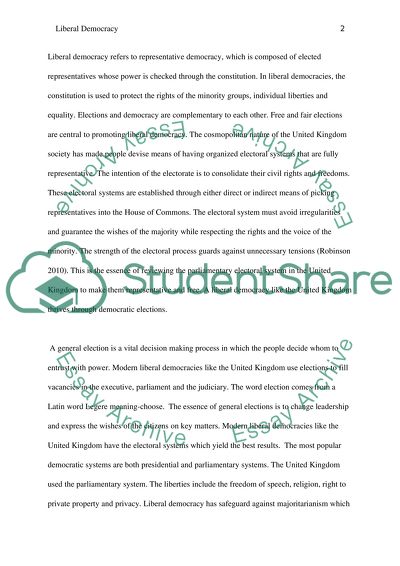Cite this document
(“Liberal Democracy. Why are elections so important for liberal Essay”, n.d.)
Retrieved from https://studentshare.org/history/1466063-why-are-elections-so-important-for-liberal
Retrieved from https://studentshare.org/history/1466063-why-are-elections-so-important-for-liberal
(Liberal Democracy. Why Are Elections so Important for Liberal Essay)
https://studentshare.org/history/1466063-why-are-elections-so-important-for-liberal.
https://studentshare.org/history/1466063-why-are-elections-so-important-for-liberal.
“Liberal Democracy. Why Are Elections so Important for Liberal Essay”, n.d. https://studentshare.org/history/1466063-why-are-elections-so-important-for-liberal.


